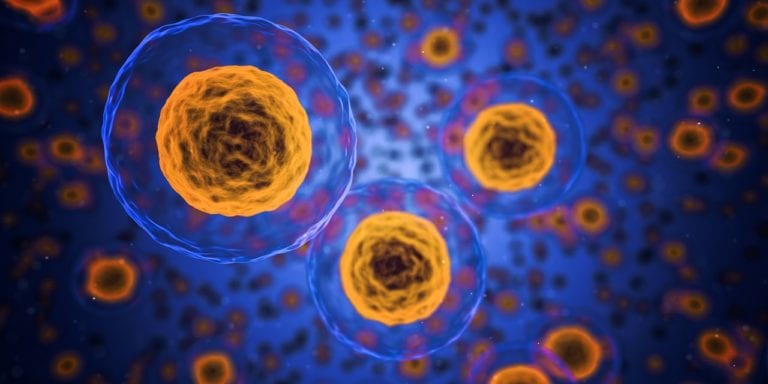Unveiling the Genetic Landscape of Peritoneal Mesothelioma
Peritoneal mesothelioma poses a tough challenge in cancer care because it is aggressive and hard to treat. It is often found late due to its rare and unclear symptoms, making treatment even more difficult. Current treatments, like surgery and chemotherapy, have limited success. This shows the need to find new ways to treat this disease. A new study in Clinical and Experimental Medicine used cutting-edge NGS technology to study tumor samples and genetic problems in order to make better treatments. Genomic Exploration: Shedding Light on Potential Targets Like most cancers, mesothelioma has a genetic component. Mesothelioma researchers worldwide are working to identify the specific genetic alterations that can help guide treatment. Recent genomic profiling advances bring hope to mesothelioma patients….








